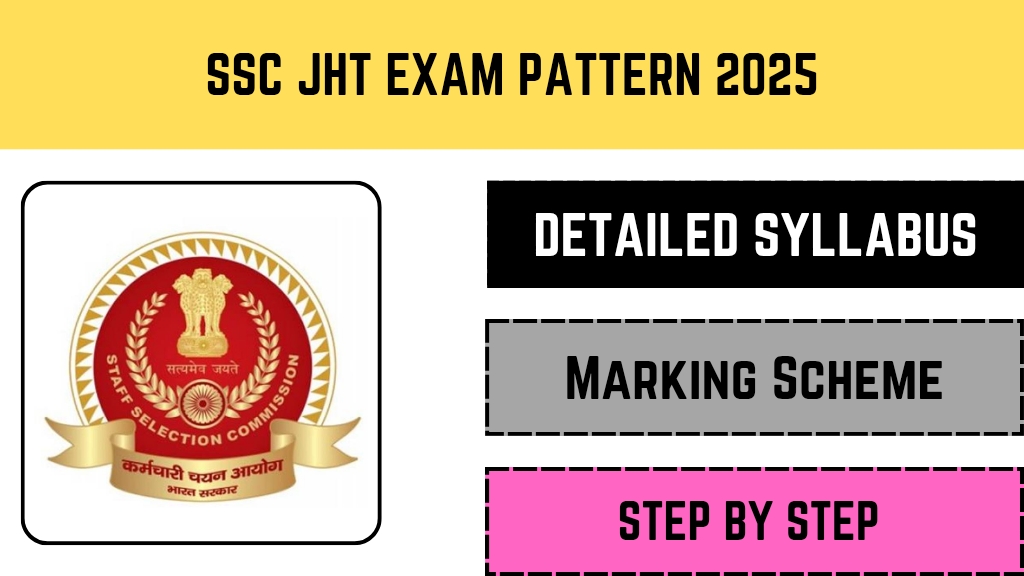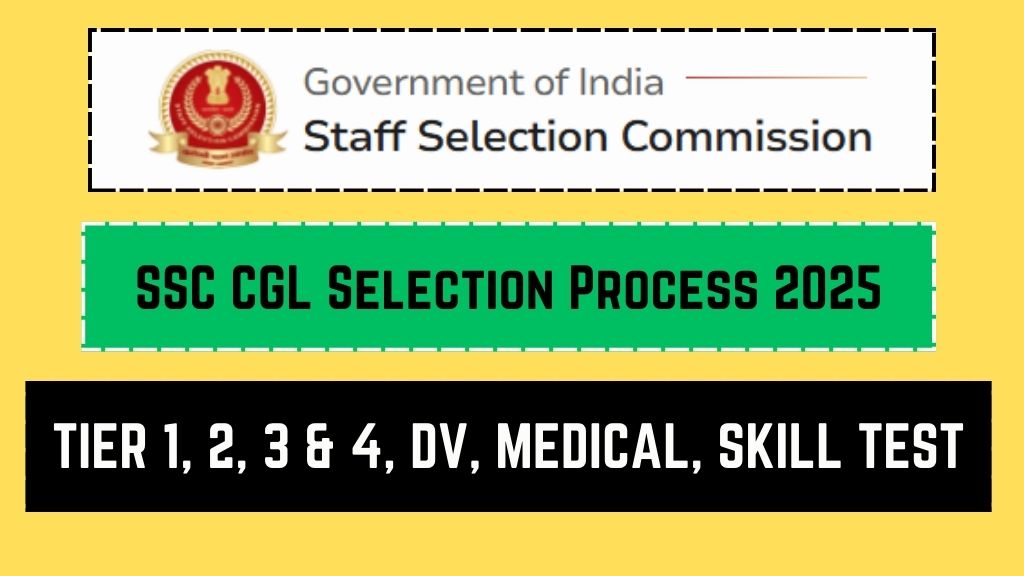The Combined Defence Services (CDS) examination is a gateway for aspirants aiming to join the Indian Armed Forces. Beyond academic prowess, candidates must meet stringent physical and medical standards to ensure they can handle the demands of military service. This article delves into the essential medical standards and fitness criteria for the UPSC CDS Physical Test 2025.
Key Highlights ✨
- Organization Name: Union Public Service Commission (UPSC)
- Examination: Combined Defence Services (CDS) 2025
- Focus: Physical and Medical Standards
- Minimum Height Requirement: 157.5 cm for males; 152 cm for females
- Vision Standards: Specific criteria for each branch
- Tattoo Policy: Restrictions apply; certain exceptions for traditional practices
- Medical Examination: Comprehensive assessment including various health parameters
- Join WhatsApp: JOIN NOW
- Join Telegram: JOIN NOW
- Official Website: upsc.gov.in
Minimum Height and Weight Standards 📏
Candidates must meet specific height and weight standards, which vary based on gender and age:
- Male Candidates:
- Minimum height: 157.5 cm
- Height relaxations:
- Gorkhas and individuals from North-Eastern regions: Minimum height of 152 cm
- Lakshadweep candidates: Relaxation of 2 cm
- Female Candidates:
- Minimum height: 152 cm
- Height relaxations:
- Gorkhas and individuals from North-Eastern regions: Minimum height of 147 cm
- Lakshadweep candidates: Relaxation of 2 cm
Weight should be proportionate to height and age, ensuring a healthy Body Mass Index (BMI). Detailed height-weight charts are available in the official guidelines.
Visual Standards 👀
Clear vision is crucial for military roles. The visual standards differ across branches:
- Indian Military Academy (IMA) and Officers Training Academy (OTA):
- Uncorrected vision: 6/60 in each eye
- Corrected vision: 6/6 in the better eye, 6/12 in the worse eye
- Myopia: Not more than -3.5 D
- Hypermetropia: Less than +3.5 D, including astigmatism
- Indian Naval Academy (INA):
- Uncorrected vision: 6/12 in each eye
- Corrected vision: 6/6 in each eye
- Myopia: Not more than -1.5 D
- Hypermetropia: Up to +1.5 D
- Air Force Academy (AFA):
- Distant vision: 6/6 in one eye, 6/9 in the other; correctable to 6/6 only
- Myopia: Nil
- Hypermetropia: Up to +2.0 D
- Astigmatism: Up to +0.75 D
- Note: Candidates who habitually wear spectacles are not eligible for AFA
Hearing Standards 👂
Candidates must possess normal hearing abilities:
- Ability to hear a forced whisper at a distance of 610 cm in a quiet room with each ear separately.
Dental Health 🦷
Good dental health is essential:
- A minimum of 14 dental points is required.
- Healthy gums and a functional set of teeth are mandatory.
General Health Parameters 🩺
Candidates should be free from diseases or disabilities that can interfere with military duties:
- Cardiovascular System: No evidence of heart disease or abnormality.
- Respiratory System: Lungs should be clear; no history of chronic respiratory issues.
- Gastrointestinal System: No history of significant gastrointestinal diseases.
- Genitourinary System: Normal functioning; free from diseases.
- Neurological Disorders: No history of epilepsy, seizures, or other neurological conditions.
Physical Fitness 💪
Physical fitness is paramount. Candidates are advised to engage in regular exercise routines focusing on:
- Running: To build stamina.
- Swimming: Enhances overall fitness and is a valuable skill in the forces.
- Skipping: Improves agility and coordination.
- Push-ups and Sit-ups: Strengthen core muscles.
- Chin-ups: Develop upper body strength.
Tattoo Policy 🖋️
Permanent body tattoos are regulated:
- Permissible: Tattoos on the inner face of the forearm (inside of elbow to wrist) and the reverse side of the palm/back (dorsal) side of the hand.
- Non-Permissible: Tattoos on any other part of the body.
- Exceptions: Candidates belonging to tribes with tattoo traditions as per existing customs and traditions may be considered.
Medical Examination Process 🏥
The medical examination is thorough and includes:
- Laboratory Investigations:
- Complete blood count
- Urine routine examination
- X-ray of the chest
- Ultrasound of the abdomen and pelvis
- Specialist Consultations: Depending on initial findings, consultations with specialists like ENT, ophthalmology, or dermatology may be required.
Candidates are encouraged to undergo a preliminary medical check-up to identify and address potential issues before the official examination.
For detailed and updated information, refer to the official UPSC website.













